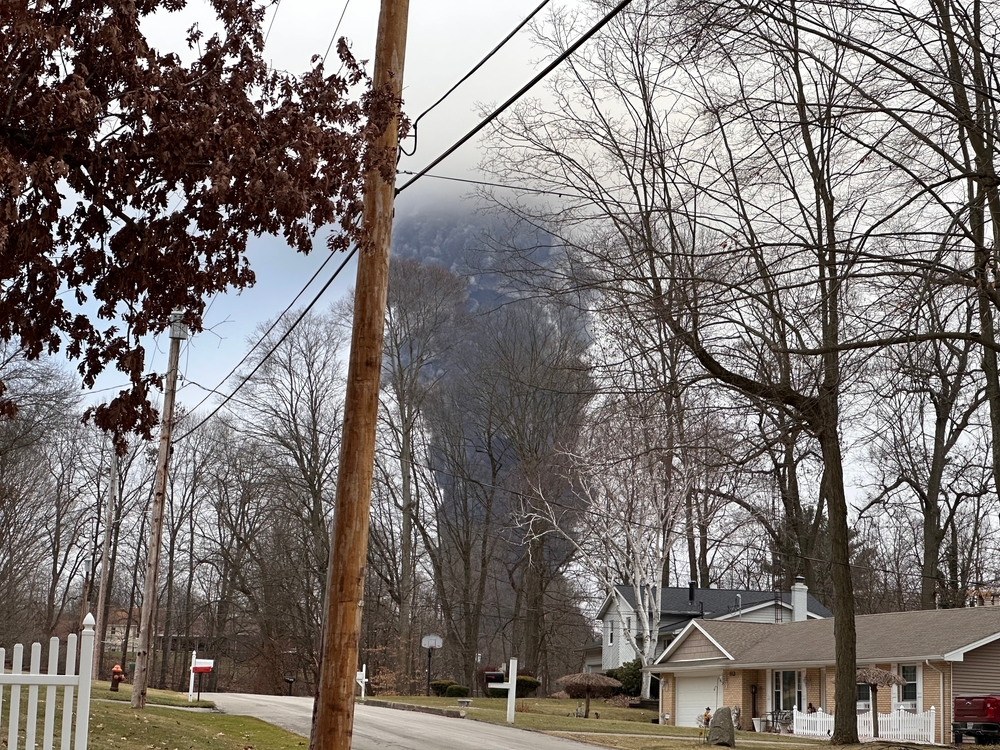On January 13, the Supreme Court issued its decisions on two controversial COVID vaccine mandates. The Occupational Safety and Health Administration (OSHA) mandate would require employers with 100 or more workers to be vaccinated against COVID or face weekly COVID tests and mask wearing in the workplace. The Centers for Medicare & Medicaid Services (CMS) mandate would require employees providing health care to those receiving Medicare & Medicaid services to be vaccinated against COVID. In both cases, vaccination exemptions are possible.
Related: Supreme Court Hearing Arguments About Biden’s Vaccine Mandate
The court struck down the OSHA vaccine-or-test mandate on Thursday. Split along ideological lines, the vote was 6-3, with the conservative justices voting to invalidate the mandate. Highlighted in their decision, the majority opinion shared that "although Congress has indisputably given OSHA the power to regulate occupational dangers, it has not given that agency the power to regulate public health more broadly.”
The majority opinion also included that "requiring the vaccination of 84 million Americans, selected simply because they work for employers with more than 100 employees, certainly falls in the latter category,” referring to regulating public health.
The dissenting justices’ opinion included that "in our view, the Court's order seriously misapplies the applicable legal standards. And in so doing, it stymies the Federal Government's ability to counter the unparalleled threat that COVID–19 poses to our Nation's workers.”
The liberal justices also wrote that "acting outside of its competence and without legal basis, the Court displaces the judgments of the Government officials given the responsibility to respond to workplace health emergencies."
It is estimated that the OSHA mandate would have applied to more than 80 million workers, including those businesses with more than 100 employees, including private-sector employers.
CMS Health Care Workers Mandate Upheld
Contrary to the OSHA ruling, the Supreme Court voted 5-4 to uphold the CMS mandate that those health care workers who treat Medicare and Medicaid patients can be required to be vaccinated against COVID. Joining the three liberal justices were Chief Justice Roberts and Justice Kavanaugh to make a majority.
The majority wrote that "The rule thus fits neatly within the language of the statute. After all, ensuring that providers take steps to avoid transmitting a dangerous virus to their patients is consistent with the fundamental principle of the medical profession: first, do no harm.”
Justices who dissented include Justices Thomas, Gorsuch, Alito and Coney Barrett. Their opinion wrote that "these cases are not about the efficacy or importance of COVID–19 vaccines. They are only about whether CMS has the statutory authority to force healthcare workers, by coercing their employers, to undergo a medical procedure they do not want and cannot undo.” Justice Thomas wrote on behalf of the minority.
Opponents to the CMS mandate highlighted during the proceedings that this mandate would result in a loss of health care workers at a time when health care workers are a necessity. President Biden’s administration countered that the actual loss of health care workers due to vaccine requirements equals approximately one percent. In the Houston Methodist Hospital system where COVID vaccines were mandated, 153 employees resigned due to the vaccine mandate out of more than 61,000 staff.
The CMS mandate is estimated to cover nearly 20 million health care workers and will now be enforceable by the Biden Administration. As variants of COVID-19 continue to spread across the country, more than 800,000 lives have been lost to the virus, with millions more made ill, some with long-haul symptoms.










